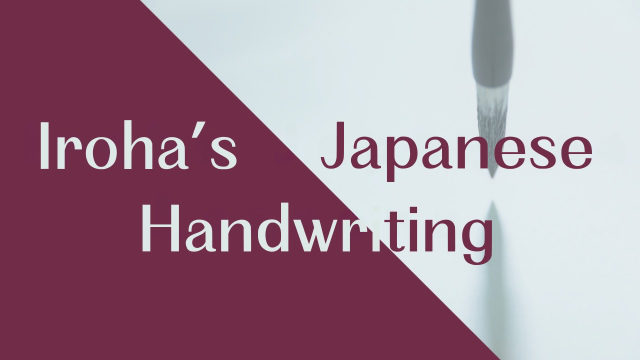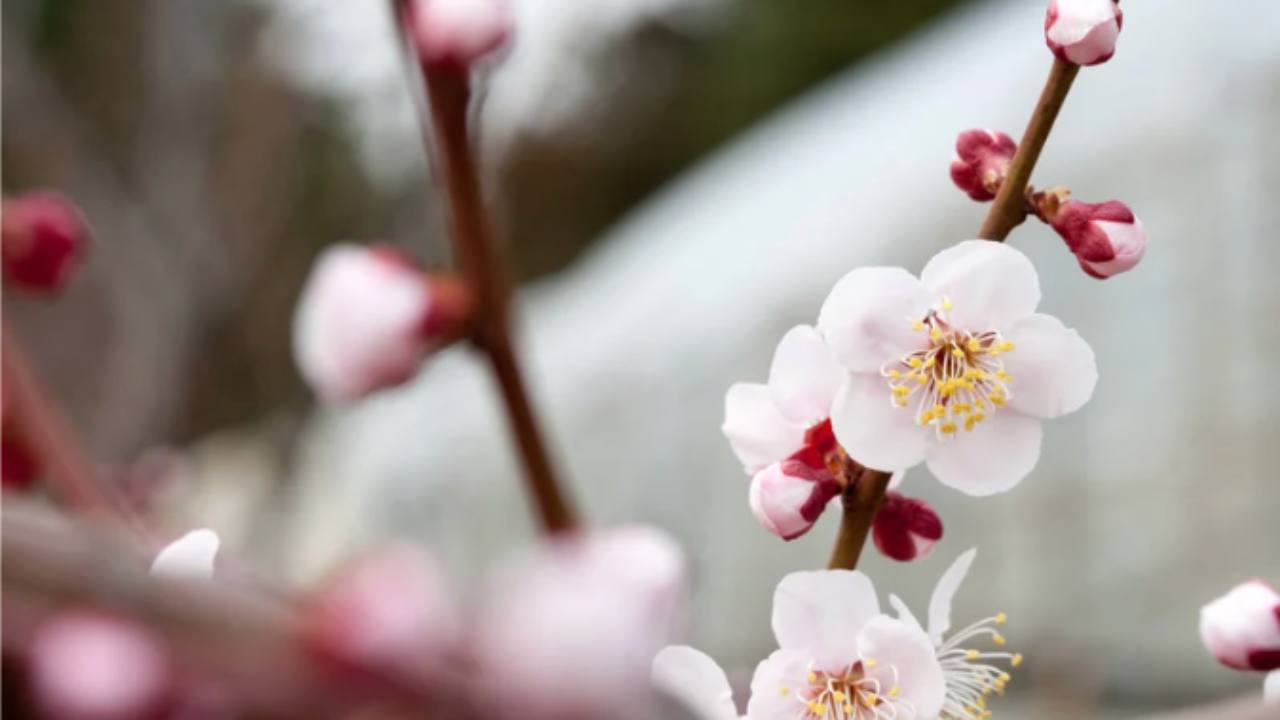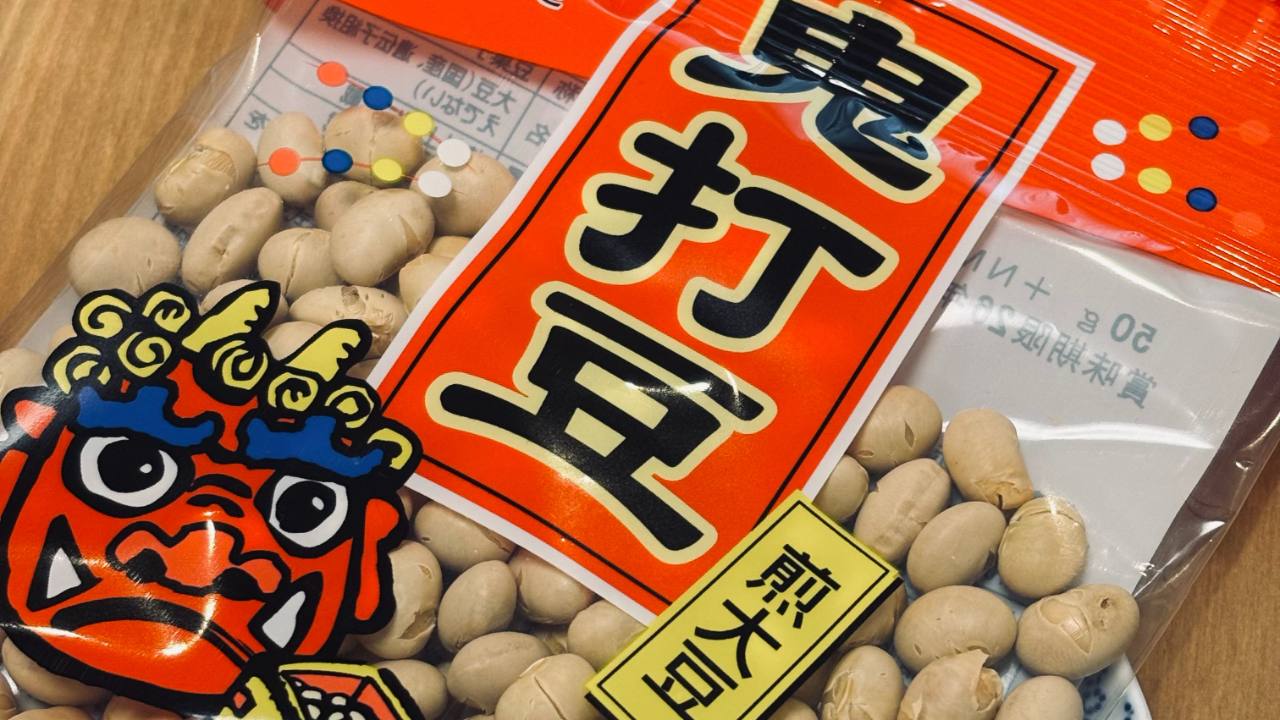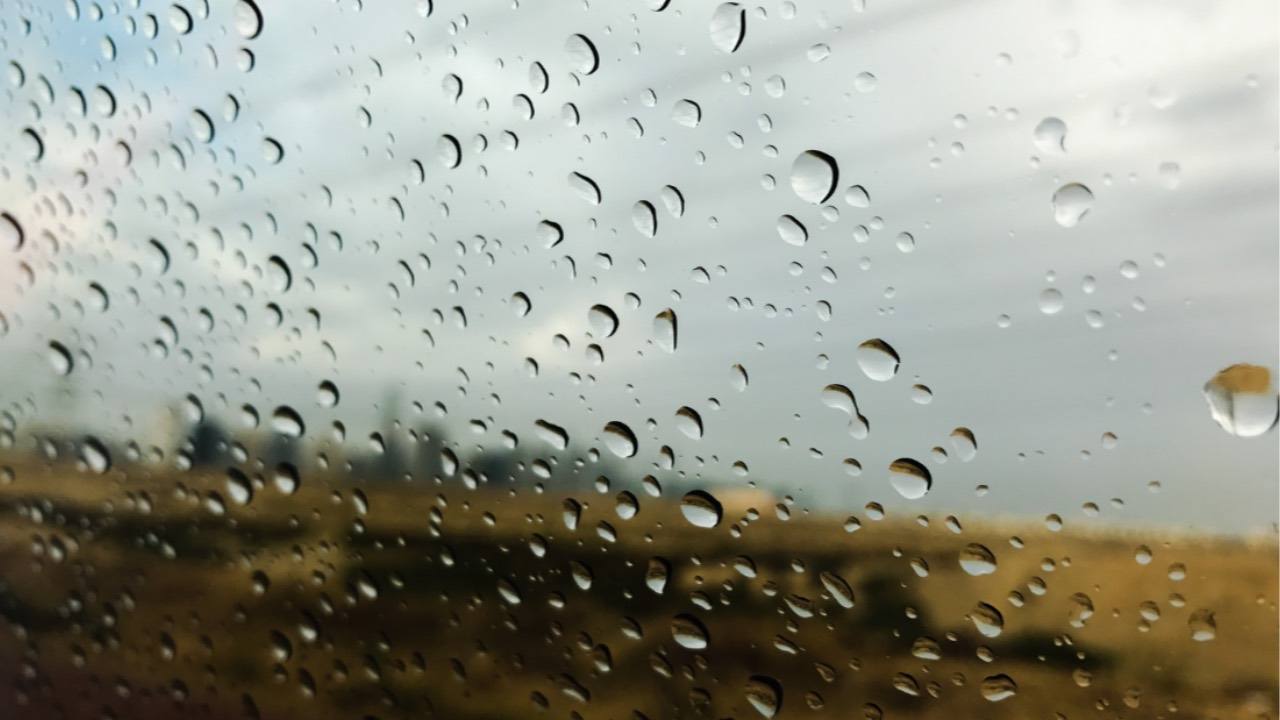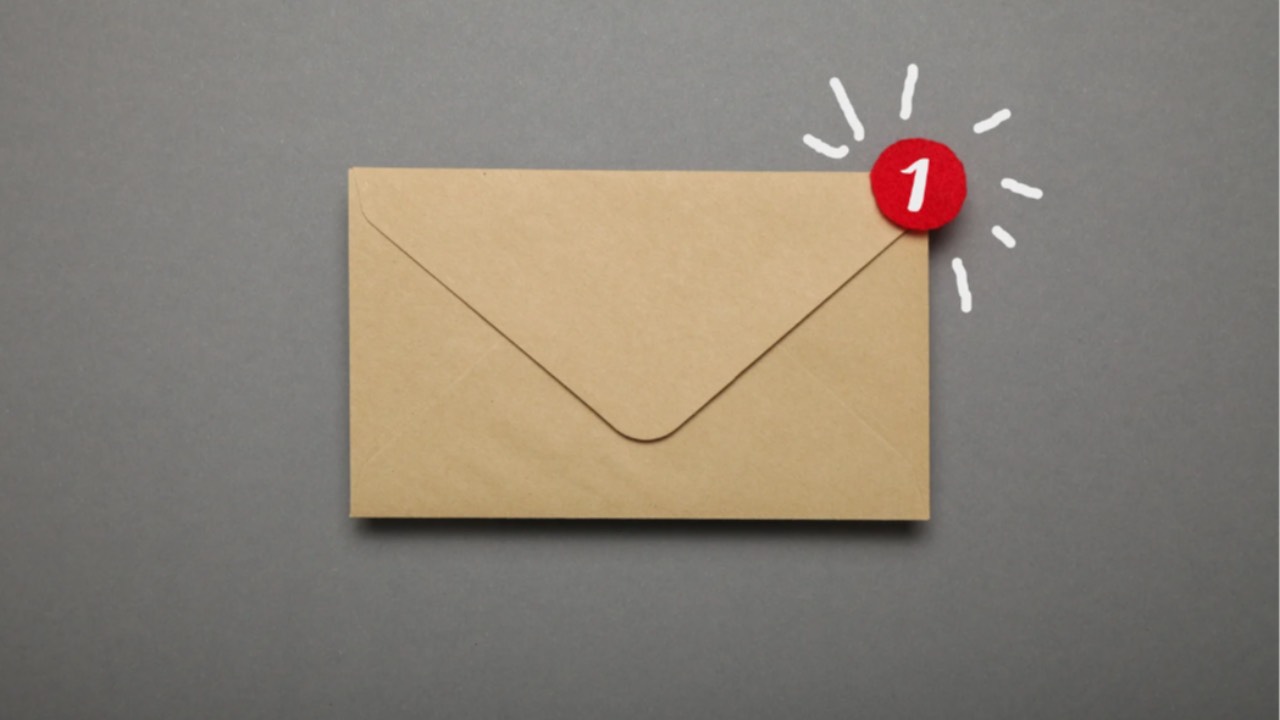小春日和 (koharubiyori)
こんにちは!お元気ですか?私の風邪もようやく良くなってきました。
Hi! How are you? My flu finally got better now.
今日は、私の住んでいる横浜は小春日和(こはるびより)の良いお天気です。先週は寒くて雨が降っていたのですが、今週は天気がよく、少し暖かいくらいで気持ちがいい。散歩にもってこいの日和です。こういう秋の一日を「小春日和」と言います。
Today, in Yokohama where I live, it is a good weather. It is "koharubiyori" (小ko 春 haru 日 bi 和 yori). Last week, there were cold rainy days, but this week, it is fine and a little warm, very nice. It is the best weather (weather = 日和 hiyori) for walk. Such autumn day is called "小春日和".
「春」という字が入っているので、春のことかな?と思いがちですが、まるで「春のような」暖かい日、という意味で、秋や冬に使います。春には使いません。小春(こはる)=春のような、日和(ひより)=天気、という意味です。
Because it has a kanji "春” (spring), one tends to think it is about spring, but the phrase is used for autumn/winter days, meaning "spring-like" warm days, and not used in spring! 小春koharu = spring like (a little spring), 日和 (hiyori) = weather.
日和(ひより)は、前に「小春」がついているので、読みやすくするため「びより」と濁って(にごって)読みます。
Because there is "小春" in front of 日和 (hiyori), 日和 (hiyori) is read as "biyori" for the easier pronunciation. (濁る "nigoru" means to pronounce a word with 濁点 (dakuten- the 2 dots on a hiragana/katakana character)).
こんな日は、何をしますか?散歩?カフェでお茶?美術館にでも行きますか?真っ先に「洗濯!」と思ってしまった私は夢がない…かも(笑)。(日本は洗濯物を家の外、庭やベランダに干して乾かすので、晴れの日は貴重なんです!)
What do you do in such a day? Go for a walk? Have a cuppa at a cafe? Visit a museum? Me? "Washing" was my first answer, which is so realistic...haha! (In Japan, washing is hung up and dried outside the house, in the garden or the balcony, so fine days are precious!)
では、また来週!
See you next week!
